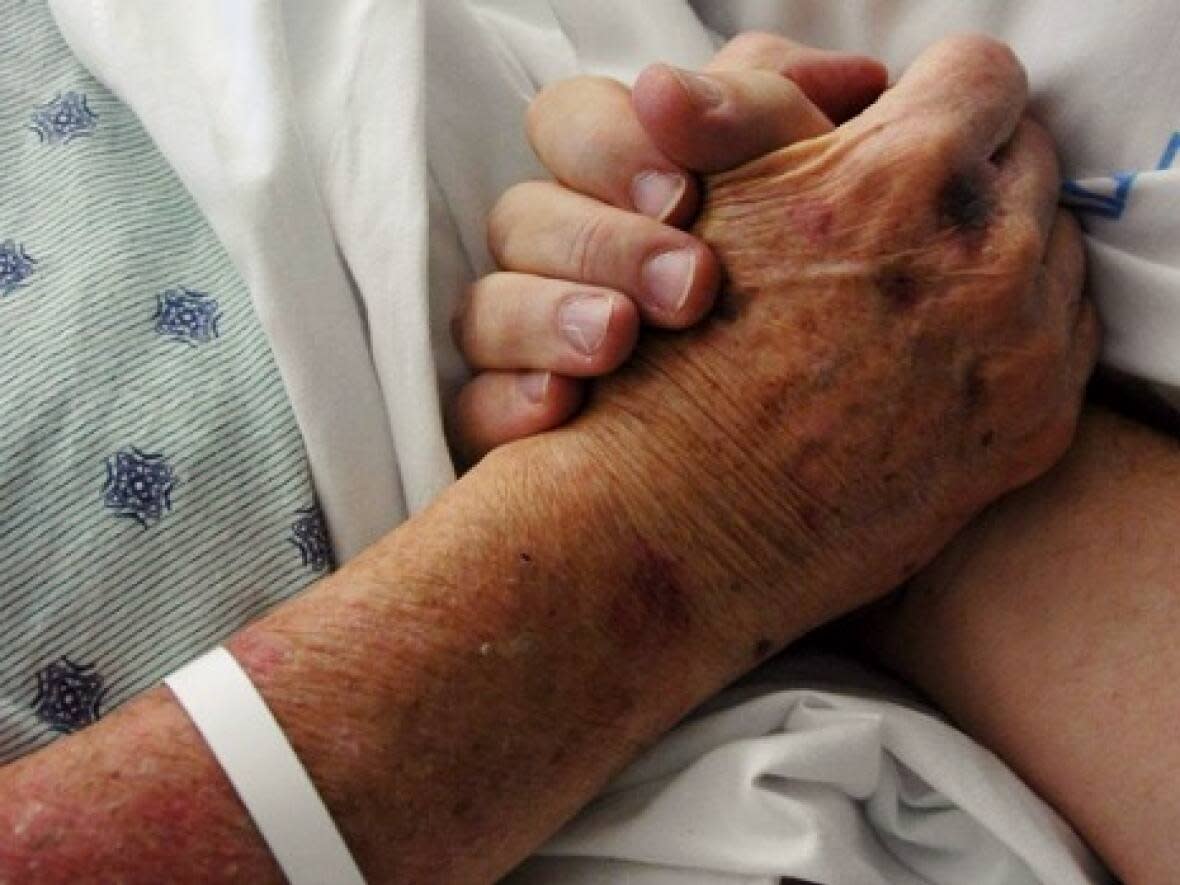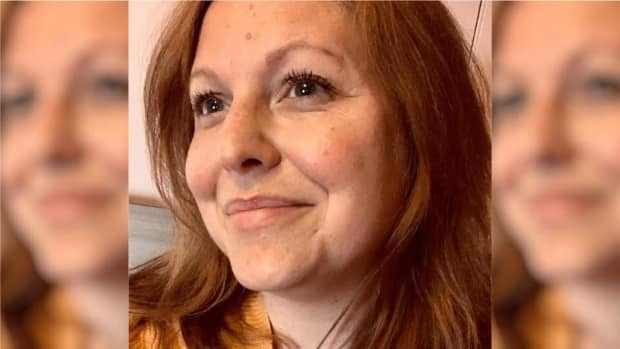Time running out to table bill on advance consent for medical aid in dying, says Quebec opposition

Quebec's opposition parties are calling on the provincial health minister to table a bill in the next few days that would allow people with degenerative cognitive impairment such as Alzheimer's disease to give advance consent for medical assistance in dying (MAID).
As the law now stands, with few exceptions, a person must be capable of providing informed consent at the time of receiving MAID. Last December, an all-party committee of the National Assembly recommended anyone diagnosed with an incurable and incapacitating disease should be allowed to make an advance request for a medically assisted death.
With the end of the parliamentary session set for June 10, Québec Solidaire health critic Vincent Marissal, Liberal mental health critic David Birnbaum and Véronique Hivon, the Parti Québécois critic for end-of-life care, held a joint news conference Thursday to ask Health Minister Christian Dubé to act now.
"Time flies, and we are running out of time," Marissal said. "We need a draft bill from the government."
Under National Assembly rules, that bill must be introduced by May 15 in order to be adopted into law in the current parliamentary session, unless it were to be passed unanimously.
Hours before the opposition's joint news conference, Health Minister Christian Dubé told reporters he would table the bill imminently.
"As soon as we got the commission's report, I asked the team to prepare the bill," he said. "The bill is already circulating internally, according to our usual procedures."
In a statement to CBC News after the opposition news conference, a spokesperson for the health minister said Dubé is proud the National Assembly has reached a consensus about the matter.
"All political parties have agreed, together, that medical assistance in dying must be allowed in the case of a serious and incurable disease leading to incapacity," said the spokesperson.
Going gently
Sandra Demontigny of Lévis, Que., who has early onset Alzheimer's disease, attended the news conference to voice her support for the proposed legislation.
"If I knew today that I could [give] advanced consent … I would sleep better at night," she said.

Demontigny, 42, learned she might inherit early onset familial Alzheimer's just days before her father died of the disease at age 53. In 2018, she was diagnosed with the genetic condition.
For Demontigny, living out her days with Alzheimer's is "out of the question."
"Every day lost is lost and won't come back," she said.
"It's much gentler to go with medical-assisted dying than to go by my own means."
Dr. Georges L'Espérance, president of the Quebec Association for the Right to Die with Dignity (AQDMD) and a practitioner of MAID, said at the news conference that one in two people will develop Alzheimer's or another neurodegenerative disease by the age of 98.
"A project like this would [help] patients take all the time they have with their beloved and then go to the end of their disease and not have that anxiety that they will end like all those people that are in hospices and are dying in very bad conditions," he said.
The recommendation to legislate advanced consent for MAID is one of 11 recommendations made by the all-party committee last December.
"Quebecers are ready for this," said Birnbaum. "They are ready to make sure that their futures are taken care of in a humane, transparent and responsible way — and without delay."


